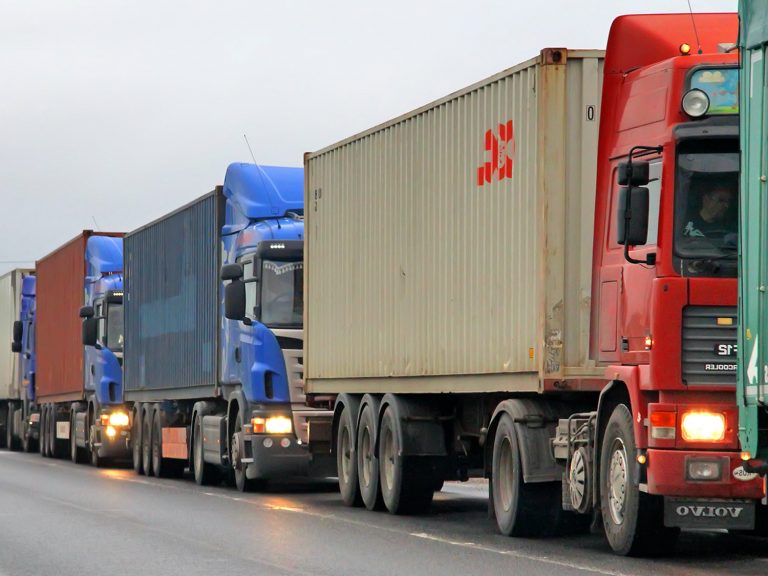
Date:
Pandemic reveals weak links in global supply chain
Global supply chains have been under pressure since the outbreak of COVID-19 at the beginning of last year, highlighting deficiencies that have resulted in disruption, delays and rising costs. Along with a roller coaster journey from start to finish.
In time, most of the congestion and disruption we currently face will dissipate, containers will be in plentiful supply, there will be space on ships and there will be more planes in the sky, and freight rates will return to a more sustainable level. But not yet.
Expectations that cost pressures would reduce, as vaccinations and lockdown re-openings prompted a shift in consumer spending on consumer products to spending on services, are proving to be too optimistic, as demand continues unabated on a global scale.
While container shipping prices should be expected to remain higher than before the crisis, they are thankfully unlikely to stay at their current levels, but other problems in the global supply chain need to be addressed, outside of the pure logistics element.
The shortage of computer chips, used in consumer electronics and automotive, is a high-profile example of the challenges facing “just in time” (JIT) production, leading many to suggest there is a clear case for building up inventories of crucial components and SKUs, which arguably defeats the whole point of JIT.
Another typical response is to bring production home (on-shoring), or find closer suppliers (near-shoring), but moving chip, or many other forms of manufacturing closer to home makes little sense, because the scale you need to make ‘low-margin’ production work is very high and Europe and the US are far behind Asia, having advocated their manufacturing capability decades ago.
Sourcing from an expanded range of suppliers and regions is another strategy for mitigating supply chain risk, with many technology and fashion brands successfully diversifying from China, in favour of lower-cost south-east Asian markets including Vietnam and Indonesia.
But these regions have been hit almost as hard as China by the ongoing supply chain disruption and expanding supplier portfolios increasingly requires more focus on due diligence, to carefully consider environmental, social and governance responsibilities, with more domestic governments insistent that foreign suppliers meet acceptable standards.
The EU is intent on turning multinationals into labour rights enforcers and while this may create competitive disadvantages in the beginning, supporters believe it will result in those companies that invest in sustainability becoming more resilient and securing the most ethical suppliers early on.
Nevertheless, meeting due diligence standards and diversifying supply chains will raise prices in the short term, as would re-shoring to markets with higher labour and production costs.
The need to manage supply chain shocks, such as the myriad triggered by the pandemic, may mean global trade ceases to be the deflationary force that it has been in recent decades, if efficiency gains from technology and logistics and cheap (mostly Asian) labour are replaced by misplaced focus on near and re-shoring.
Higher costs related to the physical movement of goods, that we are currently experiencing, can be replaced by a higher cost of products, with a lower price for the positioning of goods to the end market – it is a new balance that could change the dynamics of world trade.
The spread of globalisation has extended supply chains, as buyers sought low-cost manufacturing and cheap new products in the Far East, Indian sub-continent and other regions.
Increasing supply chain complexity adds uncertainty by extending geographic reach, introducing language barriers and multiplying participants, which is complicated further by the addition of order due dates, required actions and critical timelines.
Metro has spent 40 years transforming and simplifying the most complex supply chains, with our global network of partners and our award-winning MVT supply chain management platform.
Invaluable for shippers during the unprecedented supply chain disruption unleashed by the pandemic, MVT is our cloud-based, hyper secure, workflow solution that connects shippers to their entire supply chain – from suppliers and manufacturers, to carriers, distribution networks and customers – harnessing participant, process and inventory data to provide complete real-time visibility, control and intelligence.
Please contact Elliot Carlile or Grant Liddell to learn how MVT and our supply chain knowledge can protect your commercial interests during these challenging times.
